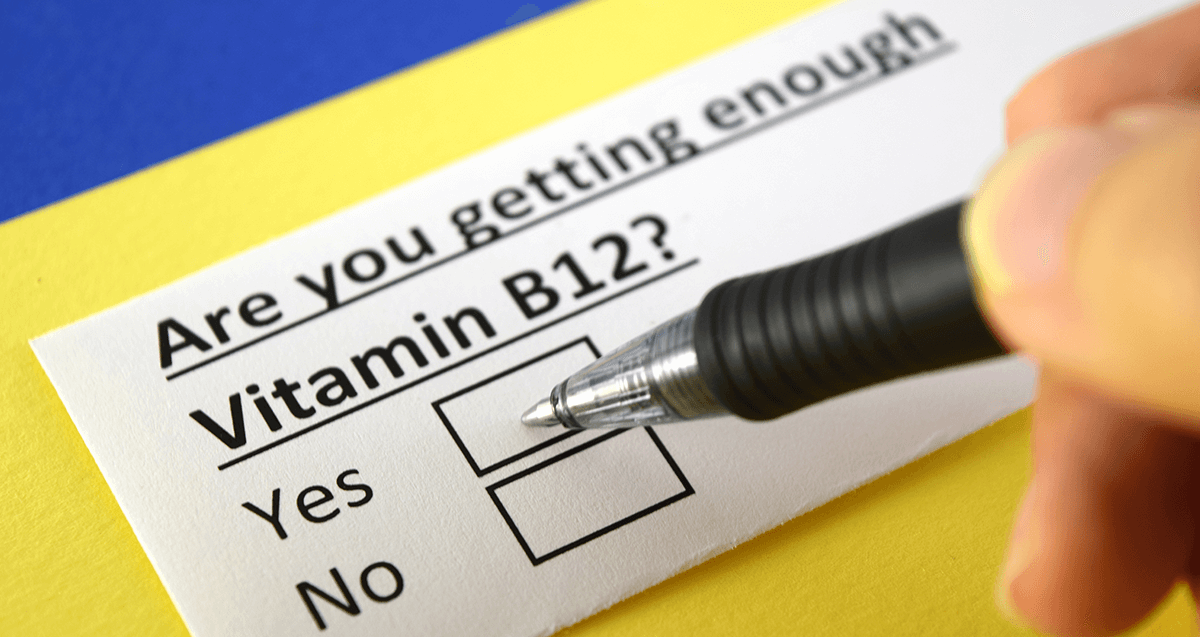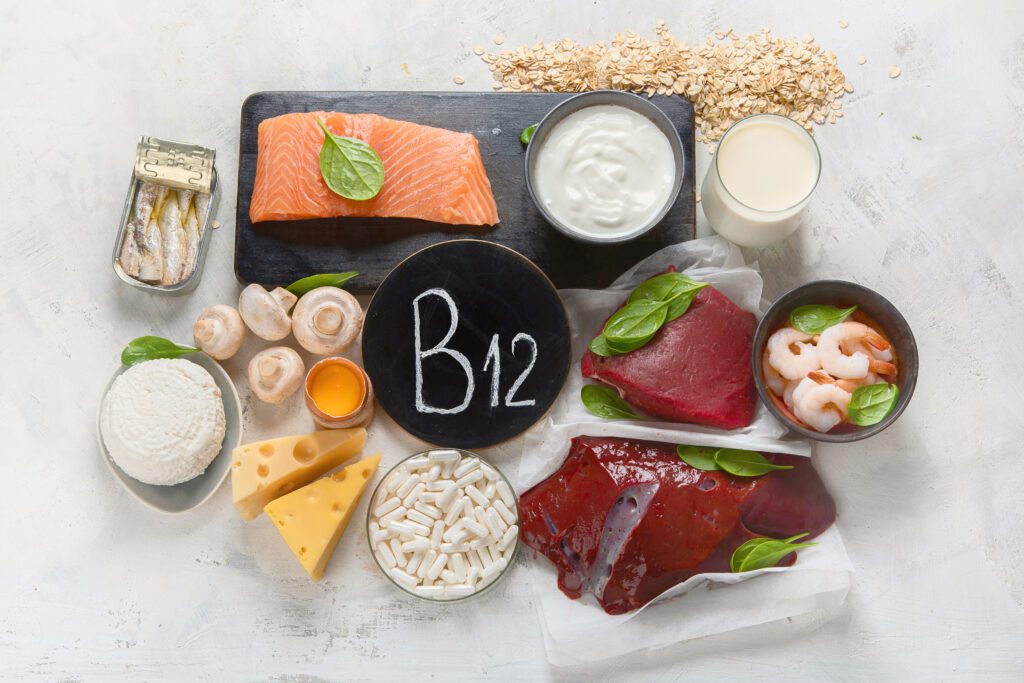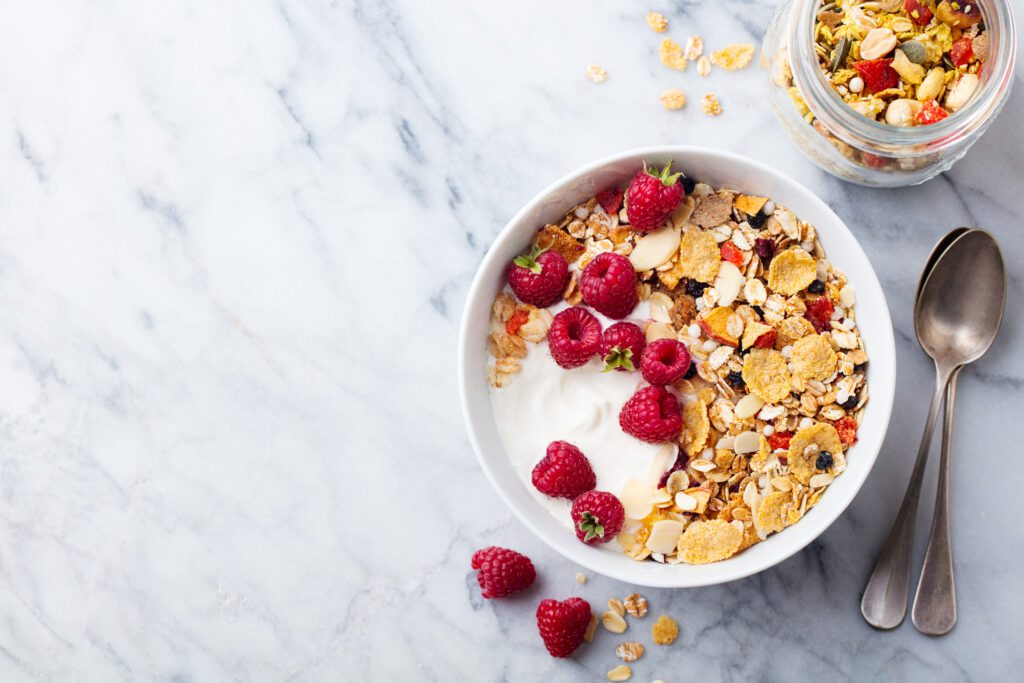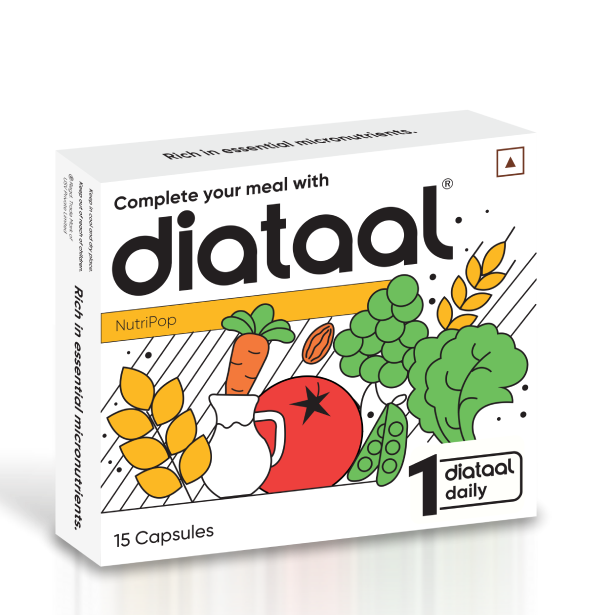
Boost Your Health with Vitamin B12: A Complete Guide to Symptoms, Sources, and Supplements
Vitamin B12 plays a crucial role in maintaining a healthy immune system and overall well-being. However, many people suffer from a deficiency of this vitamin, which can lead to various health issues. In this blog, we will explore the importance, Vitamin B12 deficiency symptoms, causes, and treatments. We will also provide you with five effective ways to incorporate this vitamin into your daily diet. So, let’s dive into this world and discover how it can boost your health with the handy help of Vitamin B12 tablets!

A delightful Vitamin B12 spread!
Index
1. What is Vitamin B12?
2. Vitamin B12 Deficiency: Symptoms, Causes, and Treatments
3. 5 Ways to Add Vitamin B12 to Your Daily Diet
4. Vitamin B12 Foods
5. The Benefits of Vitamin B12
6. Conclusion
7. Product Mentioned in the blog
What is Vitamin B12?
Vitamin B12, also known as cobalamin, is an essential nutrient that plays a vital role in the proper functioning of our bodies. It is responsible for maintaining healthy nerve cells, supporting red blood cell formation, DNA synthesis, and aiding in the production of energy. Vitamin B12 is primarily found in animal-based foods, making it a challenge for vegetarians and vegans to obtain sufficient amounts.
Research has shown that Vitamin B12 deficiency symptoms are more common than previously thought, affecting individuals of all ages. A deficiency in this crucial vitamin can lead to various health problems, including anemia, neurological disorders, and a weakened immune system. It’s crucial to ensure an adequate intake of vitamin B12 to maintain optimal health.
Vitamin B12 Deficiency: Symptoms, Causes, and Treatments
Recognizing the symptoms is essential for timely intervention and finding out Vitamin B12 deficiency treatments. Common symptoms include fatigue, weakness, tingling or numbness in the hands and feet, difficulty concentrating, and even depression. If left untreated, this deficiency can lead to severe neurological damage and other severe Vitamin B12 deficiency treatments.
Several factors can contribute to a deficiency. These include a lack of dietary intake, malabsorption issues, certain medical conditions like pernicious anemia, and the use of certain medications. To treat a deficiency, healthcare professionals often prescribe supplements in the form of Vitamin B12 tablets, sprays, or patches. In severe cases, injections may be necessary.
5 Ways to Add Vitamin B12 to Your Daily Diet
1. Eating Animal-Based Foods:
Include meat, poultry, fish, eggs, and dairy products in your diet. These foods are excellent natural sources of vitamin B12.
2. Taking Supplements:
If you’re unable to meet your vitamin needs through diet alone, supplements can be a convenient and reliable option. They are available in various forms, so choose the one that suits you best. Diataal is a multivitamin that comes highly recommended by many people.

A Vitamin supplement a day keeps the doctor away!
3. Consuming Fortified Foods:
Look for fortified breakfast cereals, plant-based milk alternatives, and nutritional yeast. These products have vitamin B12 added to them, making them suitable options for individuals following vegetarian or vegan diets.
4. Eating Fermented Foods:
Some fermented foods, such as tempeh, miso, and sauerkraut, contain B12-producing bacteria. Including these in your diet can help increase your intake.
5. Including Superfoods:
Superfoods like spirulina, chlorella, and nutritional yeast are packed with essential nutrients, including vitamin B12. Incorporate these into your meals for an added nutritional boost.
Vitamin B12 Foods
To ensure an adequate intake of vitamins, it is beneficial to incorporate Vitamin B12 rich foods into your diet. Here are some excellent sources of this vitamin:
1. Animal-Based Foods: Include lean meats like chicken and turkey, as well as fish such as salmon, trout, and tuna. Eggs and dairy products like milk, cheese, and yogurt are also good sources.
2. Fortified Foods: Look for breakfast cereals, plant-based milk alternatives, and nutritional yeasts which are Vitamin B12 rich foods. These fortified products can be a valuable addition, particularly for those following a vegetarian or vegan diet.

A healthy breakfast can lead to a healthy day and life!
3. Seafood: Shellfish like clams, mussels, and crab are rich in vitamin B12. Incorporate seafood into your meals for a nutritious boost.
4. Organ Meats: Liver is a powerhouse of nutrients. However, it’s important to consume organ meats in moderation due to their high cholesterol content.
5. Poultry: Chicken and turkey provide good amounts of vitamin B12. Choose lean cuts and prepare them in healthy ways to maximize the benefits.
The Benefits of Vitamin B12
Vitamin B12 is a powerhouse nutrient that offers numerous benefits for our overall health and well-being. Let’s delve into some of the Vitamin B12 benefits that come with ensuring an adequate intake of this essential vitamin:
. Energy Production: Vitamin B12 plays a crucial role in converting the food we eat into energy. It aids in the metabolism of carbohydrates, proteins, and fats, providing us with the energy needed for daily activities. Sufficient vitamin B12 levels can help combat fatigue and promote vitality.
. Nervous System Support: Vitamin B12 is vital for maintaining a healthy nervous system. It supports the production of myelin, a protective coating around nerve fibers that enhances nerve signal transmission. By supporting proper nerve function, vitamin B12 promotes cognitive function, memory, and overall mental well-being.
. Red Blood Cell Formation: Vitamin B12 is essential for the formation of healthy red blood cells. It aids in the production of DNA and RNA, the genetic material within cells, which is necessary for red blood cell synthesis. Adequate vitamin B12 levels help prevent anemia and ensure optimal oxygen transport throughout the body.
. Heart Health: Vitamin B12 plays a role in maintaining a healthy cardiovascular system. This is one of the most sought-after Vitamin B12 benefit. It helps regulate homocysteine levels, an amino acid that, when elevated, may contribute to an increased risk of heart disease. By keeping homocysteine levels in check, vitamin B12 promotes heart health and reduces the risk of cardiovascular issues.
. Mood and Mental Health: Vitamin B12 is involved in the production of neurotransmitters, such as serotonin and dopamine, which play a crucial role in mood regulation. Sufficient vitamin B12 levels support a balanced mood and may help reduce the risk of mood disorders like depression and anxiety.

Good food, good mood!
. Immune Function: Vitamin B12 is essential for maintaining a robust immune system. It supports the production and function of white blood cells, which are vital for fighting off infections and protecting against illnesses.
By incorporating sources of vitamin B12 into your daily diet or through supplementation, you can enjoy these benefits and support your overall health and vitality. Remember, maintaining adequate vitamin B12 levels is essential for optimal well-being.
Conclusion
B12 is a crucial nutrient that supports our immune system, nervous system, and overall health which is why vitamin B12 tablets are a great addition to your daily diet. Its deficiency can lead to various health complications, but with proper awareness and dietary choices, it can be easily prevented. By including vitamin B12-rich foods in your diet, considering fortified options, and, if necessary, using supplements such as Diataal, you can ensure an adequate intake of this vital nutrient. Regularly monitoring your health, recognizing the signs of vitamin B12 deficiency symptoms, and seeking professional advice when needed will help you maintain optimal levels of vitamin B12.

Remember, your health is an asset, and taking care of it should be a priority. So, boost your health by harnessing the power of vitamin B12 and Diataal paired with proper exercise and a healthy diet to enjoy a vibrant and energized life!



